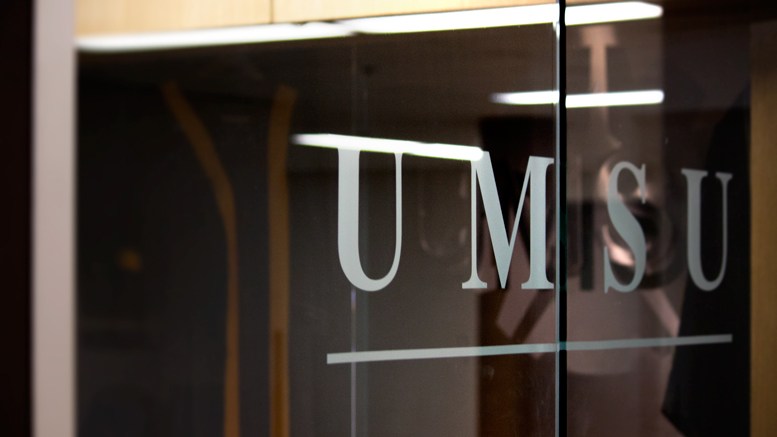With the possibility of either a strike from Winnipeg transit workers or a lockout of workers by the city looming, UMSU has voted to remain neutral — for now.
An emergency motion drafted by the union and put forward at its Aug. 29 board meeting by St. Paul’s College representative Cory Frederickson resolved that UMSU “remain officially neutral on the labour negotiation between the city of Winnipeg and the Amalgamated Transit Union [ATU] until the Sept. 12 board of directors meeting.”
The city and the ATU have been locked in negotiations since their previous agreement expired January 2019. The last counter-offer from ATU to the city was presented Aug. 16 as a response to the city’s fourth offer to the ATU. The offer included a wage increase lower than the city’s previous offer, a guaranteed five-minute recovery time for drivers at the end of routes and scheduling overhauls.
It was rejected by the city the following week with no countering offer provided.
UMSU was not unanimous in its decision, with several board members voting that the union not remain neutral, along with several members choosing to abstain from the vote.
UMSU president Jakob Sanderson held a presentation on the ongoing negotiations between transit and the city and presented the union’s options — to put the union’s support behind the ATU, behind the city, to support the ATU in the case of a lockout or to remain neutral on the negotiations.
“The city, for a long time, has been saying that they expected workers to strike on the week of Sept. 3,” he said at the meeting.
“It seems like we’re moving further and further towards that based on the fact that the choice before the transit union right now is to accept an offer they’ve already rejected, they come up with another counter or to strike. And as we’re moving towards that day it feels like that’s becoming increasingly likely.”
Earlier in the summer, Winnipeg mayor Brian Bowman said the city was expecting ATU to strike in September, warning bus users — including university students — to “make alternate arrangements now.”
Before the ATU’s last offer was rejected, ATU president Aleem Chaudhary said workers were not looking at striking.
Sanderson added he believed a possibility of a lockout seemed “less and less likely by the day” as September is typically an especially busy time for Winnipeg Transit.
Sanderson said he believed the city would be “quite happy” if the students’ union remained neutral and that it had not requested UMSU’s support but noted the ATU had requested UMSU’s support.
He also mentioned there could be leverage in telling the ATU they would only receive conditional support in the case of a lockout because it could increase the chances of the ATU making a decision “preferable to a complete strike.”
“Basically I would say that would incentivize them to instead of going on a complete strike, they might be more willing to do a no-fare strike, because if they do a no-fare strike, eventually the city will either have to sign a contract with the transit union, or lock them out.”
Frederickson spoke on his decision to bring forward the motion, saying the best interests of UMSU had to remain a priority beyond incentivizing either the ATU or the city to take action.
“As Jakob said, the other way, we would possibly have more leverage, however, with that being said, the chance of us making a positive impact, I would probably say, is about the same as us making a possible negative impact for our future,” he said.
Future negotiations with the city, particularly concerning the summer pass and the U-Pass, were also a concern for Frederickson.
“I think the one thing that’s going to piss off our students more than the fact that they’re on strike is the fact they’re on strike and they don’t get a refund for the fact that they’re on strike, which I think makes everyone a lot angrier at us.”
Frederickson pointed to the upcoming provincial election overlapping with the potential strike as another reason for neutrality, saying UMSU’s bargaining power with elected officials could be hurt should it take a stance now.
He also noted that, should negotiations between the city and transit have “drastically changed” by Sept. 12, he would be open to re-examining the decision.
The motion is non-binding, meaning it is open to alteration in the future should a board member put in a special meeting request.
With files from Ty Brass.


